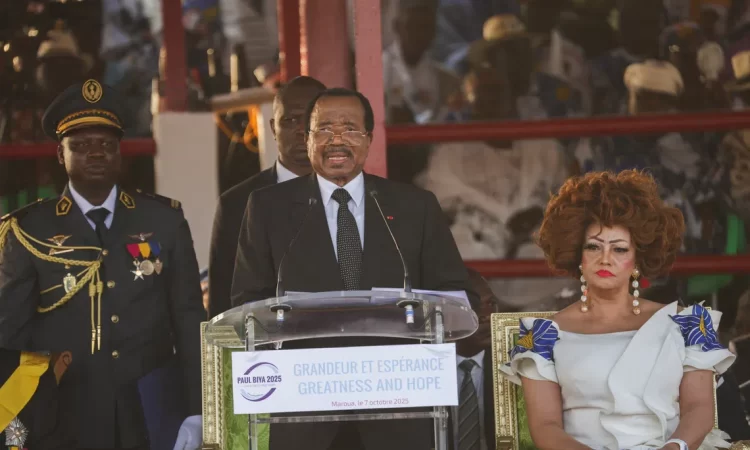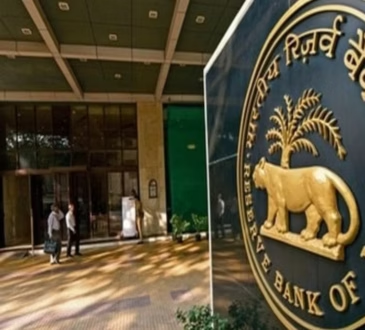
YAOUNDE – Mr Paul Biya, the world’s oldest president, wants to rule Cameroon at least until he is 99. That has investors worried about strife in the African nation prone to conflict.
Mr Biya, 92, has ruled the oil-exporting country for more than four decades and is likely to win the vote scheduled on Oct 12. His advanced age and lack of a successor is a risk for investors in the nation’s US$1.4 billion (S$1.8 billion) of foreign-currency bonds.
“It’s a seven-year term and the chances of him surviving that term, given that he would be 99 at the end of it, are fairly small, which opens the door to the power vacuum,” said Mr Edwin Gutierrez, head of emerging-market sovereign debt at Abrdn Investments Ltd. “Investors overall are nervous heading into the elections, and understandably so.”
Most residents of Cameroon – home to 30 million people – have known no other leader. For now, that’s likely to remain unchanged after Mr Biya’s administration barred his main opponent from running. But without Mr Biya, the nation could see a power struggle as he has not announced a succession plan.
The concerns have seen the premium investors demand to hold Cameroon dollar bonds over US treasuries widen since the end of September to 699 basis points, according to JPMorgan Chase & Co indexes. That compares with spreads of 425 for Nigeria and 595 for Angola, both of which have similar B- credit ratings at S&P Global Ratings.
Cameroon’s bond yield spreads “suggest investors may be factoring in uncertainty on long-term succession plans,” said Mr Samir Gadio, head of Africa strategy at Standard Chartered Plc in London.
Constitutionally, in case the ruler dies in office, the president of the senate automatically becomes the interim leader, and must organize fresh elections no later than 120 days from the day of the vacancy.
That provision “is untested,” said Mr Lenaic Couderc, an analyst at Moody’s Ratings. “Power is very centralised, which heightens the risk of a disorderly transition” if Mr Biya dies in office, he said.
Meanwhile, Senate President Marcel Niat Njifenji, at 90, has been unwell.
About 40 per cent of Cameroon’s population – where the median age is 18 years – live in poverty, according to the World Bank. The situation has remained unchanged from the two decades prior to 2021 to 2022 when the country last carried out studies and estimated the poverty rate, the Washington-based lender said.
That is a tinderbox at a time when many developing countries across the world battle to satisfy the so-called Gen Z protesters who are demanding better living conditions and job opportunities.
The election also comes amid an escalation of the Anglophone crisis, where separatists who have since 2016 been fighting for the independence of the two English-speaking North-west and South-west regions, have vowed to prevent the vote in the areas.
They are seeking a state of their own to be known as the Federal Republic of Ambazonia. Majority of people in the nation speak French.
“Any intra-palace succession would spark protest among a population clamoring for an increased say in how the country is ruled and also for improved governance,” said Mr Mark Bohlund, a senior credit analyst at REDD Intelligence. “Popular protests to a succession plan could still be seen as triggers of negative rating action or a bond market selloff.”
The International Monetary Fund forecasts the economy of the oil and cocoa exporter to grow 3.6 per cent in 2025, unchanged from 2024 and lower than the 3.8 per cent average projected for sub-Saharan Africa.
Provisional results of the poll are expected within days, and must be authenticated by the Constitutional Council no later than two weeks after the vote.
“The main uncertainty is not the election itself,” said Mr Carlos De Sousa, a portfolio manager at Vontobel Asset Management. “The real question for investors is who will be the next president if he passes away.” BLOOMBERG




